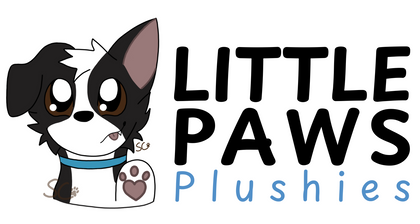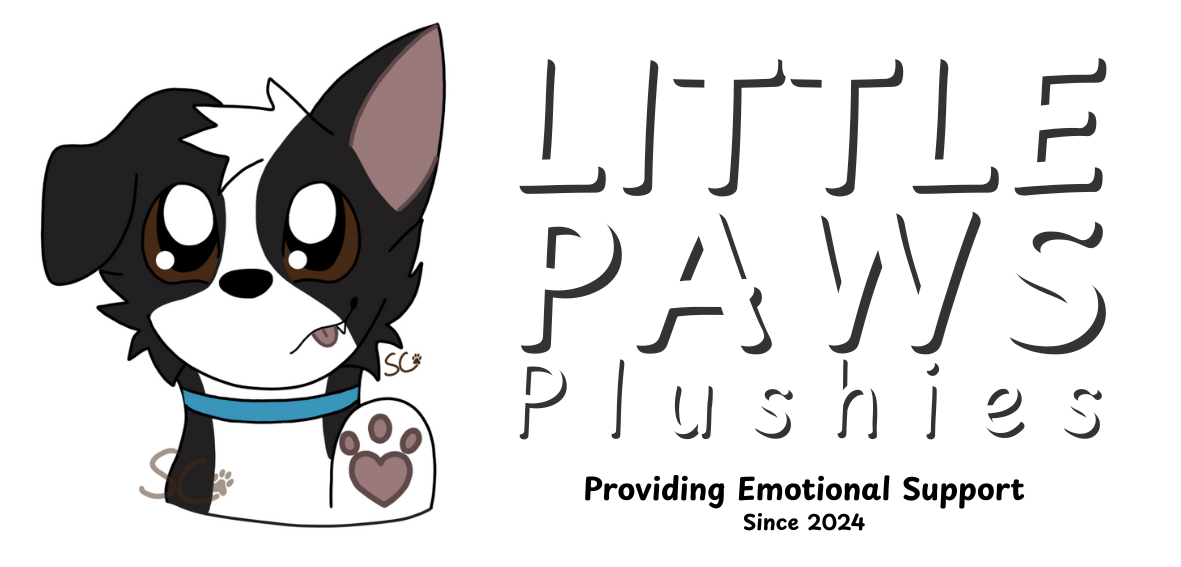
The Science Behind Plushies: Why Hugging a Stuffed Animal Feels So Good!
Imagine a difficult day at school or work. A sleepless night filled with worries. A crowded shopping centre or visiting a new place. Something as simple as hugging a plushie can bring unexpected comfort in these moments. But why does this soft, inanimate object seem to melt our stress away? The answer lies in the science of physical touch and the brain's chemical responses.
The Power of Touch: Oxytocin and Cortisol
Physical touch plays a fundamental role in human connection and emotional well-being. Your brain releases oxytocin when you hug someone or even hold a soft, comforting object like a plushie. Which is often called the "love hormone" or "cuddle chemical." Oxytocin is primarily associated with feelings of bonding, trust, and relaxation. It's the same hormone released during positive social interactions, like hugging a loved one or petting a dog.
But oxytocin doesn't just make us feel good emotionally—it also has an impact on our physical health. Oxytocin can lower cortisol levels, the body's primary stress hormone. Elevated cortisol causes feelings of anxiety, irritability, and even some long-term health issues. By reducing cortisol, oxytocin promotes a sense of calm, lowers blood pressure, and improves overall well-being. Who doesn't want that?
Comfort for Neurodivergent Individuals
For many neurodivergent individuals, physical touch from another person can feel overwhelming or even unpleasant. Hidden Disabilities such as autism, ADHD, and sensory processing disorders can make the sensations of human contact too intense and uncomfortable. Leading to anxiety or stress rather than relaxation. Social pressures and the complexity of human interactions can also make hugs from people emotionally draining instead of soothing.
Plushies provide the calming effects of touch without the sensory overload of interacting with another human. The soft, consistent texture and non-judgmental presence allow neurodivergent individuals to engage with touch on their terms, promoting relaxation in a safe and controlled way. Hugging a plushie offers a predictable and manageable form of sensory input that can help regulate emotions and reduce anxiety.
Plushies as a Coping Mechanism
Some people turn to plushies as a form of self-care. Adults and children find solace in the tactile and emotional support a plushie can provide. Some refer to their plushie as an 'Emotional Support Stuffed Animals' or ESSA for short. For individuals dealing with anxiety, depression, loneliness or hidden disabilities, the simple act of holding a plushie can serve as a grounding mechanism, helping them feel connected and soothed.
Sometimes plushies are incorporated into therapy as tools for regulation. For example, weighted plushies combine the comforting texture of a stuffed animal with the calming effect of deep pressure stimulation, which has been shown to reduce anxiety and promote relaxation.
The Neuroscience of Comfort
The science behind hugging plushies extends to the way our brains process touch. The skin is covered in sensory receptors that send signals to the brain when stimulated. When you hug a plushie, these signals activate areas of the brain associated with emotional regulation and reward, creating a calming effect.
Soft textures, in particular, activate C-tactile afferent nerves, which are specialised for detecting gentle, soothing touch. These nerves play a key role in producing feelings of warmth, comfort, and relaxation. Essentially, hugging a plushie creates a sensory experience that reinforces the brain's natural mechanisms for reducing stress.
A Simple Pleasure, Backed by Science
Whether it's a beloved teddy bear from childhood or a new, realistic-looking plush animal, plushies provide a scientifically supported source of comfort. Their ability to stimulate oxytocin release and lower cortisol levels makes them more than just toys—they're tools for mental and emotional health.
So, next time you're feeling overwhelmed or in need of a little extra love, don't hesitate to reach for your favourite plushie. Your brain—and your heart—will thank you.
And when you see someone out in public hugging a plushie, regardless of age, you'll understand why it comforts them. I hope you'll show understanding and compassion and not judgment or criticism.
At Little Paws Plushies, we believe everyone deserves a friend they can count on for comfort and confidence.
Check out our range of Emotional Support Stuffed Animals.




